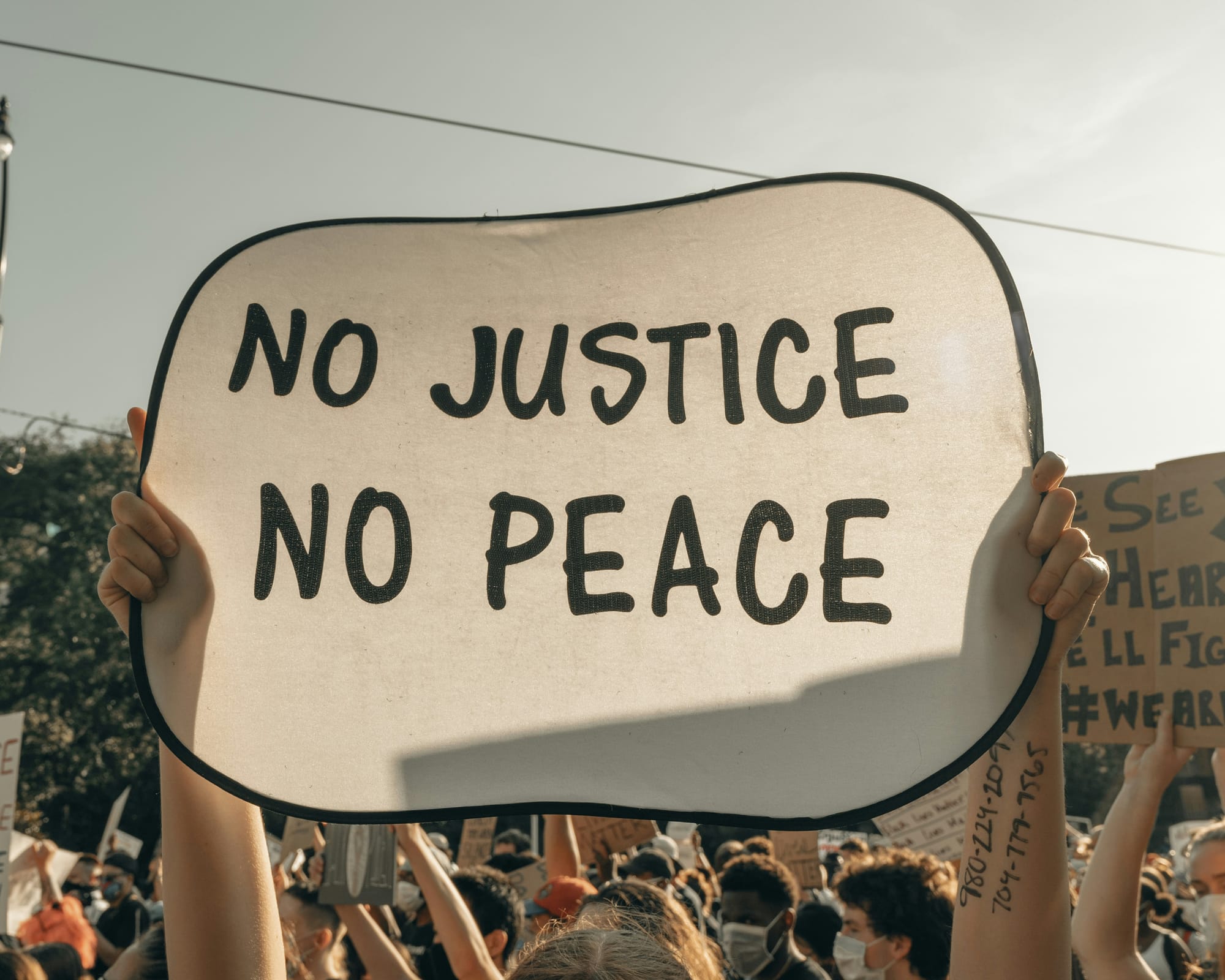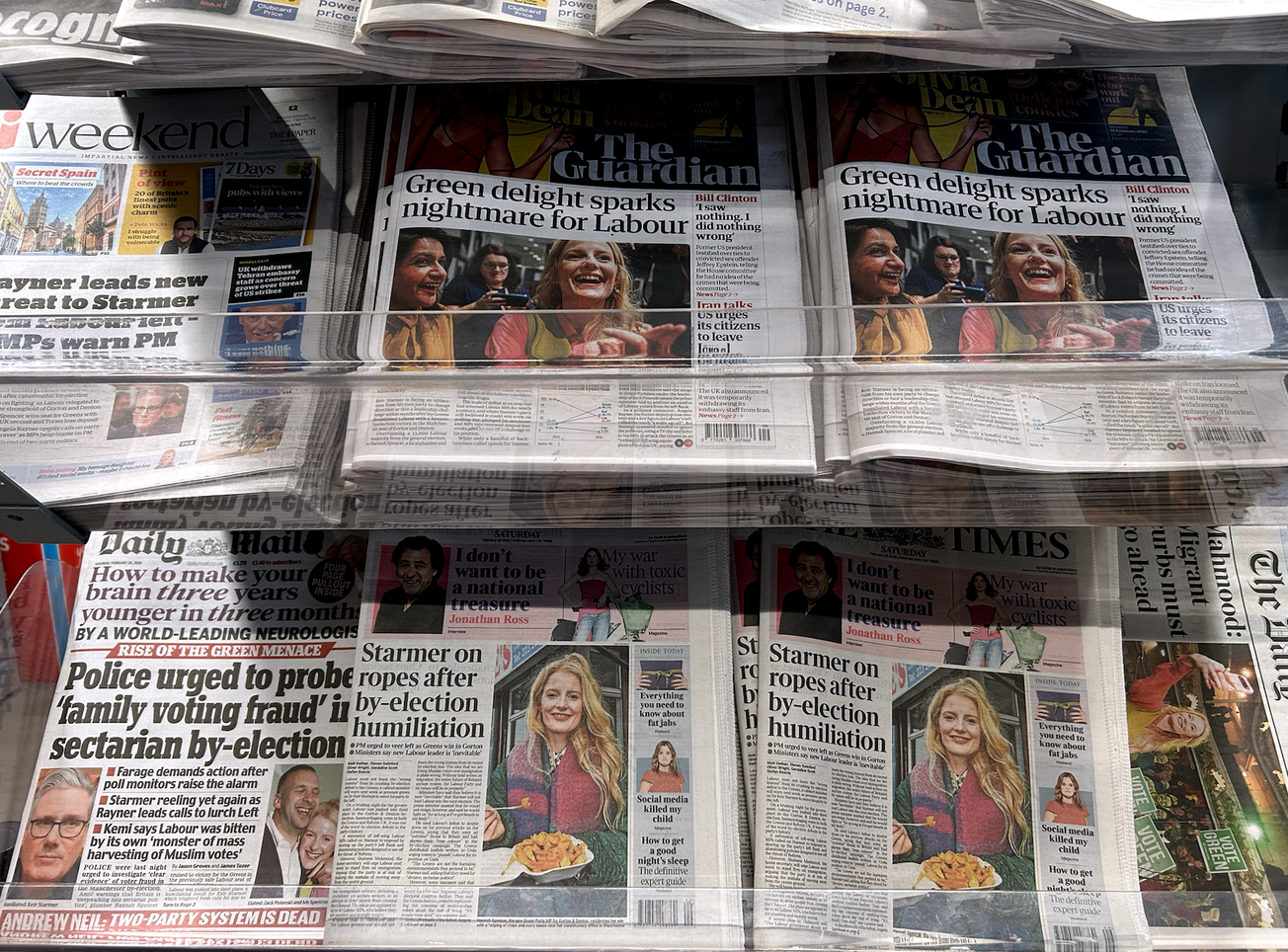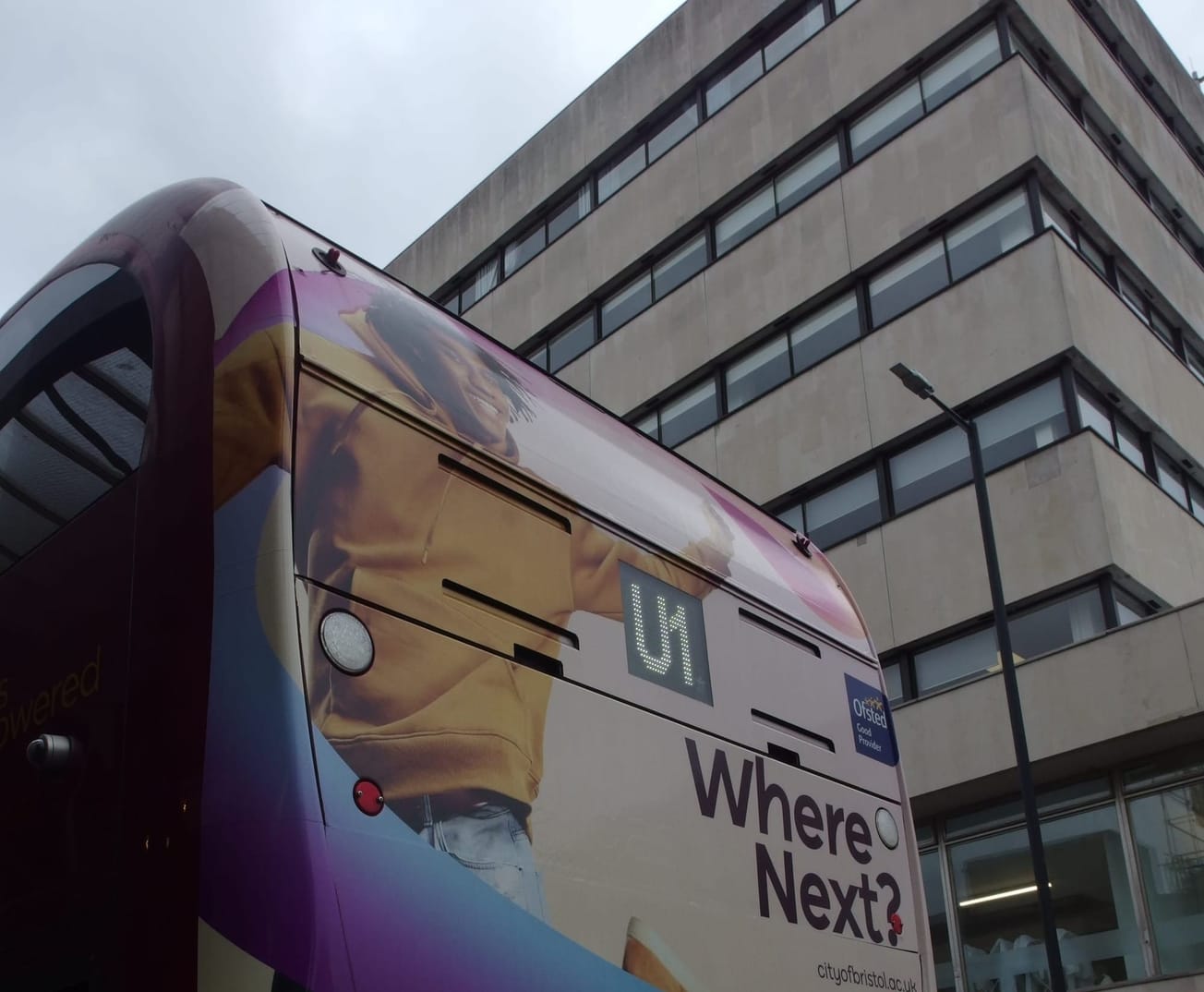Progressiveness, at its core, is about social reform and progression. The perception of a country’s progressiveness is tied to what it represents, through government, policies, and its societal attitudes. The modern, western understanding of the term sees a ‘progressive’ country as one that fights for social reform through the lens of left-leaning ideals. By these measures, a progressive nation should embody values such as diversity, universal healthcare, environmental sustainability, and equitable democracy.
However, progressiveness remains both a situationally and historically subjective concept. To explore this, we can look at the traditionally progressive values Britain used to shape its modern, national, and global identity: Parliamentary Democracy, the Rule of Law, and Individual Liberty. These very much align with the modern interpretation of progressiveness. Despite this, events such as - the disgraceful racist attacks aimed at black footballers after the 2020 Euros final; support and funding of a genocidal regime in Gaza (of which the University of Bristol plays its part); and most recently the violent far-right terrorism seen across the UK – show how the evil forces of racism can still thrive in British society.
To understand this, we can track Britain’s attitudes and progressive ideas through recent history. We could choose to start anywhere, but let’s begin in post-World War II Britain. As the UK’s ruling classes began to navigate decolonisation, with accolades of World War II in their back pockets, Britain presented itself as a country in need of rebuilding. A country proud of its brave fight against the great evils of fascism. A country that has morally superior standards compared to the racism and in particular antisemitism, found in Nazi Germany. Such values and beliefs we used in the rebuilding this ‘great nation’. A noteworthy example is the NHS recruitment advertisement that stated, ‘Britain’s health service provides opportunities for all, embracing diversity and offering a fair and rewarding career in healthcare’. What an incredibly progressive nation!
Yet, the reality was starkly different. Violence against the ‘blacks’ (South-Asian communities were also referred to as black) soared as ‘P-word Bashing’ and ‘N-word Hunting’ became commonplace. This was something openly supported and aided by the media and police. Overseas British citizens, lured by this seemingly progressive society, were instead met with institutional racism, classism, and violence. These lies were a brazen attempt to use the progressive perception of Britain to exploit people of colour, treating them as second-class citizens and using them as cheap labour.
But Britain had literally just fought fascism, antisemitism, and had even helped to establish a ‘national home for the Jewish people’. So, we know the UK stood against antisemitism, right? Its ruling classes couldn’t, for example, use the same dehumanising language to describe Jewish Europeans and get away with it? Well, that’s just what they did, labelling Jewish refugees as ‘enemy aliens’ and sending many to remote parts of the Empire under brutal conditions.
You can, and I encourage you to, look at each progressive idea Britain has claimed to support as part of its identity and track its use through history. It could be the use of the idea of a ‘civilised’ society and the ‘White man’s burden’, to colonise. The use of democracy as a thinly veiled excuse to wage war and exploit the resources and labour of vulnerable nations. The condemnation of war crimes committed by Russia while turning a blind eye when an ally does the same. Or the lies of ‘protecting’ asylum-seekers by shipping them to Rwanda – a country deemed an unsafe place for asylum-seekers by the High Court of Justice.
These contradictions- championing progressive ideals and claiming them as British values publicly, while exploiting them whenever it suits the ruling classes - has been a recurring theme in British history. And unfortunately, this manipulation continues today, particularly in the context of immigration and racism.
Consider the recent far-right riots. While extremely scary, they were not, I would argue, as surprising as the media might suggest. The British establishment and media have long propagated racist lies and ideologies. Tabloids and politicians alike have perpetuated myths such as asylum-seekers living in ‘luxury’ while British citizens suffer, or the idea that these ‘illegals’ are ‘swarming’ into the country, threatening British values. Dehumanising language (illegals) and imagery of invasive insects (swarms) echo propaganda found in Nazi Germany; this remains profoundly hypocritical, and yet so easily excused.
These narratives, amplified and mutated by social media, have radicalised many into believing that Britain’s progressive values are under threat by not just asylum-seekers but all Muslims. An infamous example is the LBC caller who claimed London Mayor Sadiq Khan wanted to introduce ‘Shakira Law,’ a bizarre but telling misunderstanding of ‘Sharia Law’ (https://www.youtube.com/watch?v=1pNdqg4wJoY). This was no isolated incident; it was the product of a media landscape where sensationalist headlines - like ‘Christianity under attack’ and ‘Now Muslims Demand: Full Sharia Law’ - fuel fear, division, and confusion." (https://radicalisationresearch.org/research/baker-british-press-and-radicalisation/ https://www.islamic-relief.org.uk/islamophobia-in-the-media-enough-is-enough/ )
Such misinformation is not just fringe rhetoric. These themes were then echoed by mainstream figures like Nigel Farage, a man of the people who fights for British values, whilst also being privately educated and the highest-earning MP. His statements questioned whether the Southport attacker was being monitored by security services. This followed circulated lies suggesting he was an ‘undocumented migrant’ by social media ‘influencers’ like Andrew Tate, an alleged human trafficker and the most reputable of sources. When these factors combine, it is clear to see how some people might conclude that their community’s safety and individual liberties were under attack.
The lack of punishment and accountability by those who helped to instigate these riots point to a hypocrisy starkly evident in the UK’s ongoing tolerance of racism. As Akala aptly put it, ‘Poor people racism bad, rich people racism good.’ Examples of this could be the election of a prime minister who described women in burkas as “bank robbers” and referred to black people in Africa as “piccaninnies” with “watermelon smiles (https://www.independent.co.uk/news/uk/politics/boris-johnson-conservative-leadership-latest-racism-watermelon-smiles-satirical-a8981166.html) Or in our case, the example is public figures and media channels like GB News, not being held to account for their role in stirring up hate and division.
Many media outlets and members of the ruling class have instead now condemned the far-right aggression they sought to concoct or have moved their anger to a claim of two-tier policing. A hollow defence when contrasted with the heavy-handed response to protests like Black Lives Matter (BLM) and Palestinian solidarity marches. And yet again, we see lies to exploit British values to stir hate, create division and promote confusion.
So, where does this leave us? On the surface, it may seem that progress is being made - racism is punishable by law, homophobia is widely condemned, and sexism is being addressed more seriously. But this veneer of progressiveness hides a deeper, more insidious problem: the exploitation of historic progressive ideals by the ruling classes to maintain power and control.
To move forward, we must demand that these ideals are not just slogans but are translated into real, equitable change. True progressiveness demands accountability, transparency, and a genuine commitment to justice for all. Only then can we begin to dismantle the systems of power that have long used division and exploitation to their advantage, and truly claim the mantle of a progressive nation.








